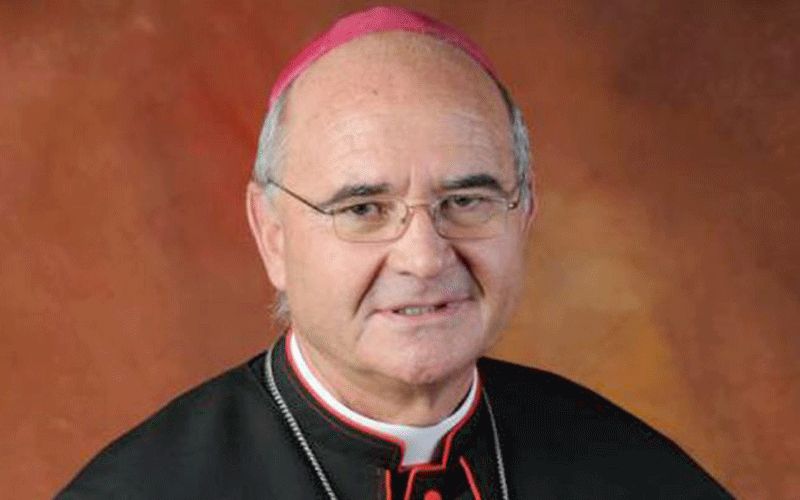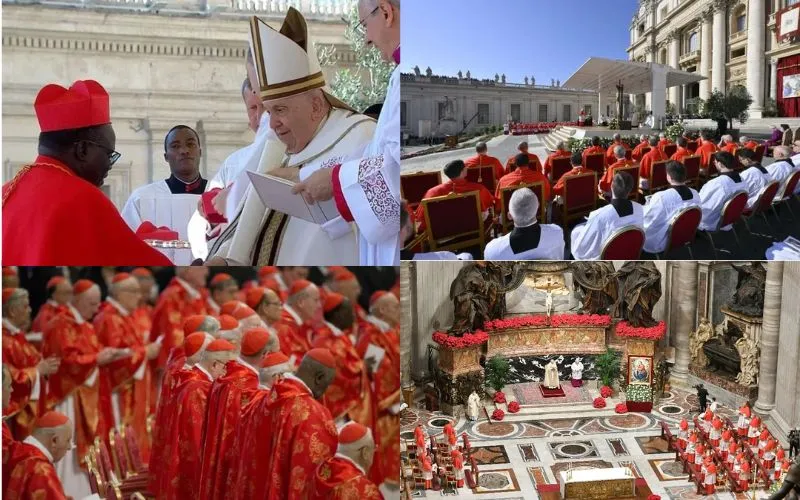Cape Town, 20 July, 2020 / 10:00 pm (ACI Africa).
The leadership of the South Africa-based Denis Hurley Peace Institute (DPHI) has joined global leaders including Pope Francis, the United Nations Chief and members of the Global Campaign for Peace and Justice in Cameroon (GCPJC) in calling for a ceasefire in Cameroon’s Anglophone regions.
Officials of DPHI are urging the parties in conflict to adhere to the United Nations Security Council Resolution 2532 (2020).
“As a Roman Catholic organization that promotes peace, justice and sustainable development in Africa, the Denis Hurley Peace Institute calls on the Cameroon government and the Anglophone Cameroon leaders to respect the call of the United Nations Security Council, to adhere to Resolution 2532,” says the Liaison Bishop of the DPHI, Archbishop Stephen Brislin.
In the virtual meeting July 1, members of the United Nations Security Council announced their decision to adopt the resolution that supports the appeal made in March by the Secretary-General for a global ceasefire to facilitate concerted efforts in the fight against COVID-19 in countries experiencing violent conflicts.
Members of the Council unanimously adopted resolution 2532 (2020) in which they demanded “a general and immediate cessation of hostilities in all situations on its agenda” and called “upon all parties to armed conflicts to engage immediately in a durable humanitarian pause for at least 90 consecutive days, in order to enable the safe, unhindered and sustained delivery of humanitarian assistance … and medical evacuations.”








